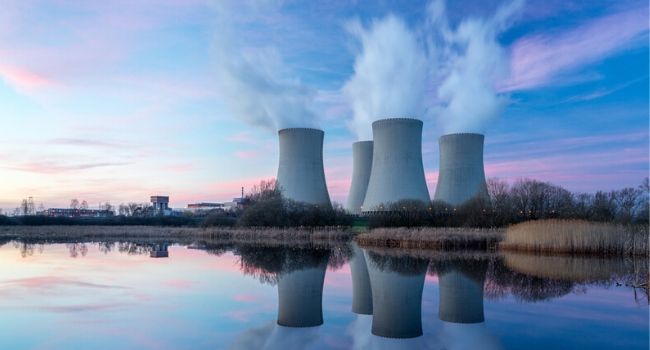
Trump Signs Executive Order to Secure Energy Infrastructure From Foreign Threats
The Energy Department will form a task force focused on identifying and banning equipment that pose national security risks.
- By Haley Samsel
- May 06, 2020
In an executive order signed last Friday, President Donald Trump declared threats to the U.S. electricity system a national emergency, a move that will allow the federal government to create a task force on procurement policies for energy infrastructure.
The “Securing the United States Bulk-Power System” order prohibits federal agencies from acquiring or installing any equipment in which a foreign country has any interest and that poses an “unacceptable risk to national security.” Reuters reported that the move could lead to limits on some imports from Russia and China in an attempt to prevent cyber attacks on the power grid.
In addition to establishing criteria for recognizing energy equipment and vendors as “pre-qualified” to sell in the U.S., the Energy Department will also identify any prohibited equipment already in use and work with agencies already using it to monitor and replace it.
“It is imperative the bulk-power system be secured against exploitation and attacks by foreign threats,” Energy Secretary Dan Brouillette said in a statement. “This Executive Order will greatly diminish the ability of foreign adversaries to target our critical electric infrastructure.”
The Energy Department will work with the intelligence community and other departments, including commerce, defense, homeland security and interior, to carry out the new responsibilities laid out in the executive order.
The planned task force, led by Brouillette, will also consult with electricity, oil and natural gas coordinating councils to work on initiatives to secure the bulk power system, which the government refers to as BPS.
Equipment covered under the order includes nuclear reactors, transformers, large generators, capacitors and more, according to Reuters.
While the Trump administration’s move does not name specific countries, the U.S. has consistently said that Russia, China and other cyber powers are spying on American infrastructure using cyber tactics.
On the transportation infrastructure front, members of Congress warned city officials in March to stop contracting Chinese companies to build transit systems, citing concerns about the security of transportation system data. Still, many cities, including Los Angeles, Chicago, Boston and Philadelphia -- are moving ahead with plans to buy from the China Railway Rolling Stock Corporation (CRRC).
About the Author
Haley Samsel is an Associate Content Editor for the Infrastructure Solutions Group at 1105 Media.